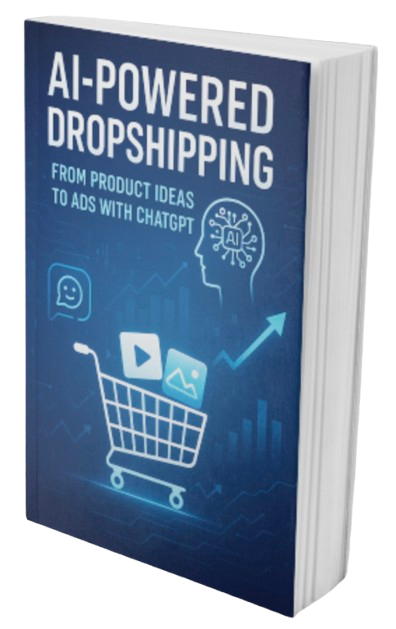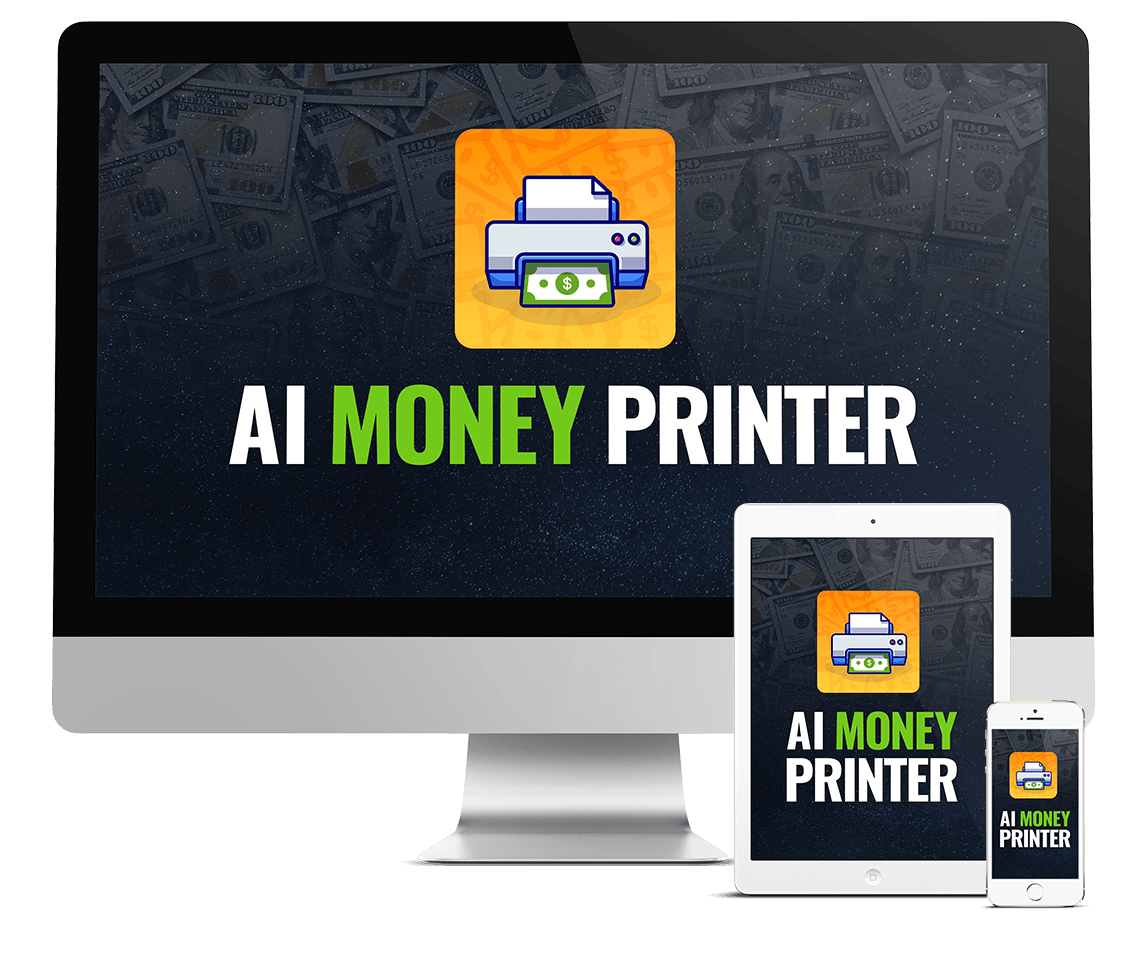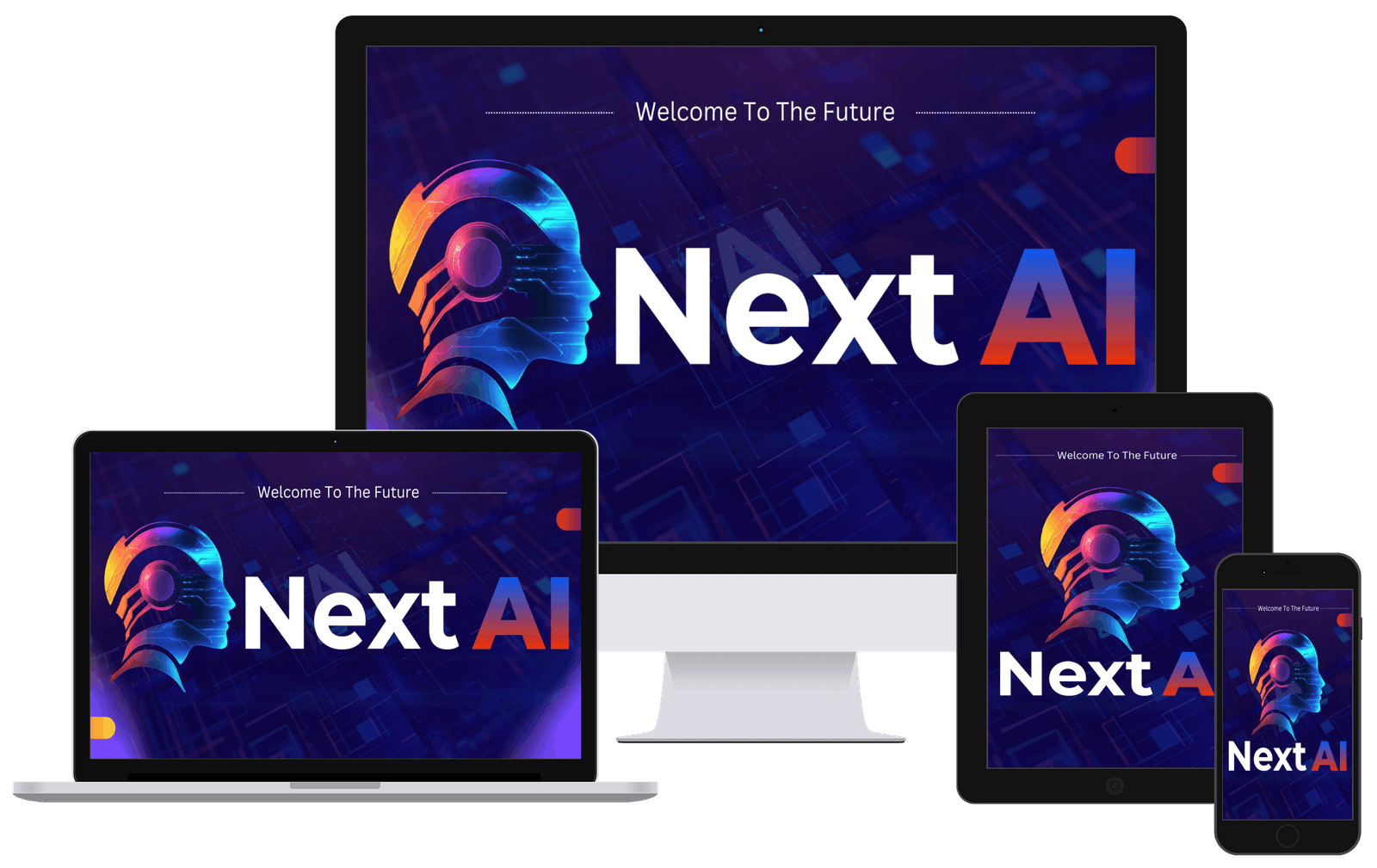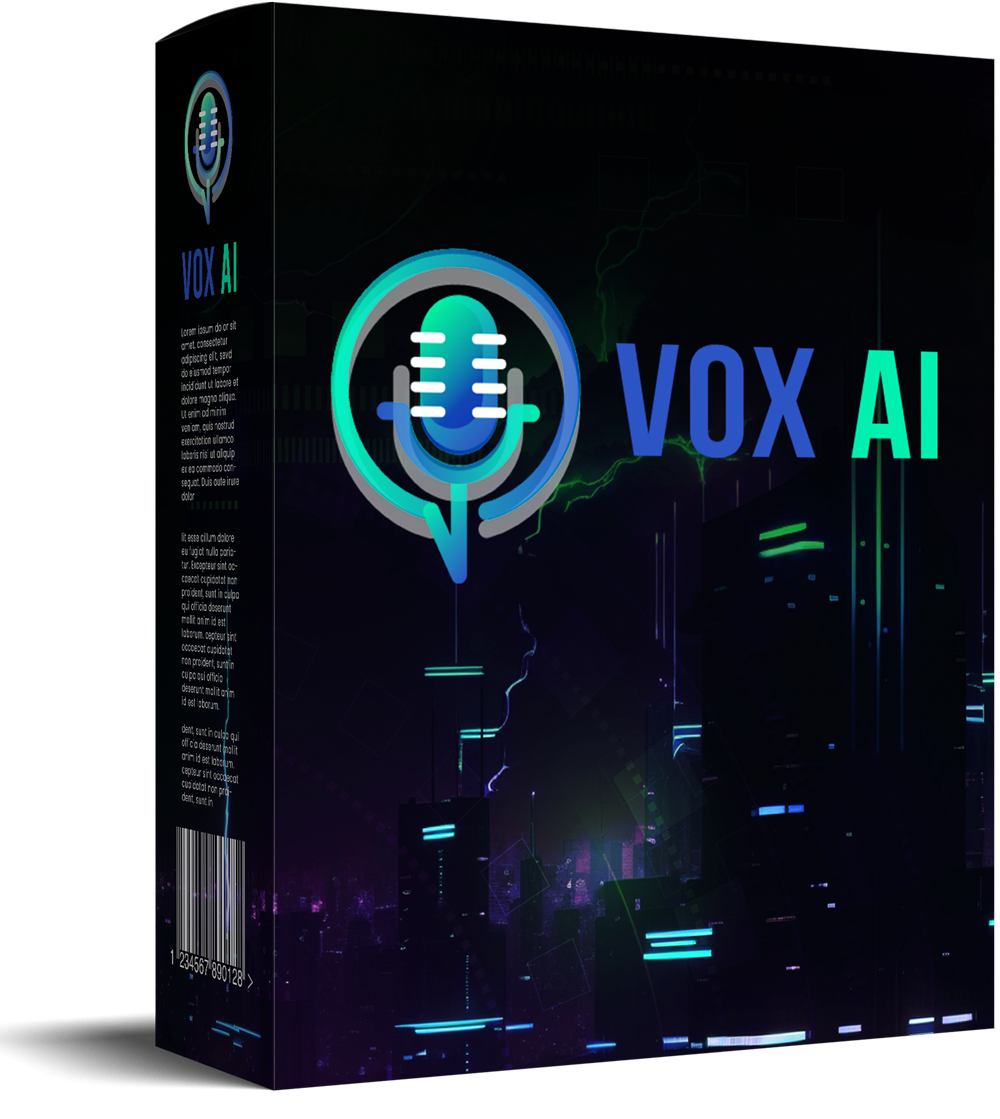Achieve More with AI Productivity Hacks

Recent research reveals that workers using generative AI reported saving 5.4% of their work hours in the previous week. However, with the right approach, those savings can be exponentially higher. In today’s fast-paced world, achieving more in less time is a common goal for many professionals.
The advent of Artificial Intelligence has made productivity hacks more sophisticated, allowing individuals to streamline their tasks and maximize their output. By understanding and utilizing AI productivity hacks, individuals can reclaim hours of their time, reduce stress, and focus on what truly matters.
Key Takeaways
- Discover how AI can enhance productivity.
- Learn real, tested strategies to implement immediately.
- Understand how to reclaim hours of your time.
- Explore AI tools designed for productivity.
- Maximize your output with AI productivity hacks.
Understanding AI Productivity Hacks
In today’s fast-paced digital landscape, leveraging AI productivity hacks can significantly enhance your workflow efficiency. As we continue to embrace technological advancements, understanding how to harness the power of AI to streamline our work processes becomes increasingly important.
What Are AI Productivity Hacks?
AI productivity hacks involve using AI tools to automate tasks, manage time more effectively, and enhance creativity. For instance, AI meeting summarizers can save up to 6 hours a week by automatically summarizing meetings. These hacks are techniques and tools that utilize Artificial Intelligence to improve how tasks are managed and executed.
Some common examples include AI-powered email management tools that filter and prioritize emails, and AI-driven project planning tools that help in organizing tasks and deadlines. By automating mundane tasks, individuals can free up time to focus on more complex and creative tasks.
“AI is not just about automation; it’s about augmenting human capabilities to achieve more.”
How Do They Work?
AI productivity hacks work by integrating AI algorithms into various productivity tools. These algorithms can analyze data, learn from patterns, and make predictions or decisions based on that analysis. For example, AI writing assistants can help in drafting emails or documents by suggesting content based on the context.
| AI Tool | Functionality | Benefit |
|---|---|---|
| AI Meeting Summarizers | Automatically summarize meetings | Save up to 6 hours a week |
| AI Email Management Tools | Filter and prioritize emails | Reduce email clutter and increase response efficiency |
| AI Writing Assistants | Suggest content based on context | Improve writing quality and speed |
By understanding how these tools work and integrating them into daily workflows, individuals can boost efficiency with AI and maximize productivity with artificial intelligence. The key is to identify areas where AI can add the most value and implement these tools effectively.
Benefits of Using AI in Your Workflow
AI is redefining the modern workplace by offering innovative AI solutions for better workflow optimization. By integrating AI into daily operations, individuals and organizations can experience significant improvements in productivity and efficiency.
Increased Efficiency and Time Management
One of the primary benefits of AI in workflow is its ability to automate repetitive and mundane tasks, allowing for more effective time management. For instance, AI writing assistants can help generate ideas and automate content creation, freeing up time for more strategic tasks.

Moreover, AI tools can analyze workflows to identify bottlenecks and suggest improvements, leading to streamlined processes and enhanced productivity. By enhancing productivity using AI technology, businesses can achieve more with less effort.
Enhanced Creativity and Problem-Solving
AI also plays a crucial role in enhancing creativity and problem-solving capabilities. By providing insights and suggestions that might not be immediately apparent to humans, AI can aid in developing innovative solutions to complex problems.
For example, AI-driven analytics can help identify patterns and trends in data, enabling more informed decision-making. This not only boosts creativity but also ensures that decisions are based on comprehensive data analysis.
By leveraging AI’s capabilities, individuals and organizations can enhance their productivity and stay ahead in competitive landscapes.
Popular AI Tools for Productivity
AI has revolutionized the way we work, offering a plethora of tools designed to streamline tasks with AI and enhance productivity. By leveraging these tools, individuals can automate repetitive tasks, create high-quality content, and manage their time more effectively.
Task Automation Tools
Task automation tools are designed to automate mundane and repetitive tasks, freeing up time for more complex and creative work. Tools like Zapier and Automate.io allow users to create custom workflows that automate tasks across different applications.
- Zapier: Automates tasks by connecting different web applications.
- Automate.io: Enables users to automate workflows across multiple apps.
AI Writing Assistants
AI writing assistants have become invaluable for content creators, helping with everything from suggesting ideas to generating entire pieces of content. Tools like Grammarly and AI Writer can significantly improve productivity through AI automation by reducing the time spent on writing and editing.
| Tool | Description | Key Features |
|---|---|---|
| Grammarly | AI-powered writing assistant | Grammar checking, style suggestions, plagiarism detection |
| AI Writer | Content generation tool | Content suggestions, automated writing, research assistance |
Scheduling and Planning Apps
Scheduling and planning apps help individuals manage their time more effectively, ensuring that deadlines are met and tasks are completed on time. Apps like Trello and Calendly use AI to optimize scheduling and task management.
- Trello: Uses AI to suggest task assignments and deadlines.
- Calendly: Automates meeting scheduling with AI-driven time suggestions.
By incorporating these AI tools into their workflow, individuals can significantly enhance their productivity and achieve more in less time.
Leveraging AI for Email Management
AI is revolutionizing email management by introducing smart filters and automated responses, making it easier to manage the ever-increasing volume of emails.
Email management is a crucial aspect of productivity, and AI is playing a significant role in enhancing it. By using AI-driven tools, individuals can streamline their email management process, ensuring that important emails are addressed promptly.
Smart Filters and Prioritization
One of the key benefits of AI in email management is the ability to create smart filters that can categorize and prioritize emails based on their importance. This feature ensures that critical emails are highlighted and addressed first, while less important ones are dealt with later.
For instance, AI-powered email clients can automatically sort emails into different folders, such as work, personal, or spam, making it easier to focus on what’s important.
| Feature | Description | Benefit |
|---|---|---|
| Smart Filters | AI-driven filters that categorize emails | Prioritizes important emails |
| Prioritization | AI assesses email importance | Ensures timely responses |
| Automated Responses | AI generates automatic replies | Saves time and ensures follow-ups |
Automated Responses and Follow-Ups
Another significant advantage of AI in email management is the ability to set up automated responses and follow-ups. This feature not only saves time but also ensures that emails are not forgotten.
AI-powered email tools can analyze the content of emails and suggest potential responses, making it easier to respond to emails quickly and effectively.

By leveraging AI for email management, individuals can significantly reduce the time spent on managing their inbox, allowing them to focus on more critical tasks and enhance their overall productivity.
Utilizing AI for Project Management
AI is revolutionizing project management by providing tools that enhance productivity and efficiency. By leveraging AI, project managers can achieve more with these AI productivity hacks, streamlining processes and improving outcomes.
“The future of project management is here, and it’s powered by AI,” says an expert in the field. AI-driven insights and analytics play a crucial role in this transformation.
AI-Driven Insights and Analytics
AI can analyze vast amounts of data to provide valuable insights into project progress and potential bottlenecks. This enables project managers to make informed decisions and take proactive measures to mitigate risks. For instance, AI can predict delays and suggest adjustments to the project timeline.
Streamlining Team Collaboration
AI can also aid in streamlining team collaboration by automating task assignments and tracking progress. This ensures that all team members are on the same page and working towards the same goals. By maximizing productivity with artificial intelligence, teams can work more efficiently and effectively.
By utilizing AI for project management, organizations can enhance their overall productivity and achieve better project outcomes. As AI technology continues to evolve, its impact on project management is expected to grow, leading to even more sophisticated tools and methodologies.
Enhancing Decision-Making with AI
AI technology is revolutionizing the way we make decisions by providing powerful tools for data analysis and visualization. This transformation is crucial in today’s fast-paced business environment, where informed decision-making can be the difference between success and failure.
By leveraging AI, individuals and organizations can analyze complex data sets more efficiently, gaining valuable insights that inform their decisions. AI tools for productivity are not just about automating tasks; they are also about enhancing the decision-making process.
Data Analysis and Visualization
One of the key ways AI enhances decision-making is through advanced data analysis and visualization. AI algorithms can process vast amounts of data quickly, identifying patterns and trends that might be missed by human analysts. This capability is particularly useful in fields such as finance, healthcare, and marketing, where data-driven decisions are critical.
For instance, AI-powered visualization tools can present complex data in a clear and concise manner, making it easier for decision-makers to understand the implications of their choices. This clarity is essential for making informed decisions that drive business success.

Predictive Analytics for Better Outcomes
Predictive analytics is another area where AI is making a significant impact on decision-making. By analyzing historical data and identifying patterns, AI can predict future outcomes with a high degree of accuracy. This capability allows businesses to proactively address potential challenges and capitalize on emerging opportunities.
For example, in project management, AI can predict project outcomes based on historical data, enabling project managers to make adjustments as needed to ensure successful project completion. Enhancing productivity using AI technology in this way can lead to better decision-making and improved outcomes.
By integrating AI into their decision-making processes, organizations can make more informed, data-driven decisions that drive productivity and efficiency. As AI technology continues to evolve, its role in enhancing decision-making is likely to become even more significant.
Incorporating AI in Daily Habits
Daily habits can be transformed with the help of AI, leading to improved productivity. By leveraging AI tools, individuals can streamline their daily routines, making the most of their time and energy.
Setting Goals and Tracking Progress
AI can significantly enhance goal-setting and progress tracking. AI-powered goal-setting tools can analyze past performance, suggest realistic targets, and monitor progress over time. This helps individuals stay on track and make adjustments as needed.
For instance, AI-driven apps can break down large goals into smaller, manageable tasks, providing reminders and notifications to keep users focused.
| Feature | AI-Powered Tool | Benefit |
|---|---|---|
| Goal Setting | AI-driven apps | Realistic targets and progress tracking |
| Task Management | AI task managers | Efficient task prioritization and reminders |
Mindfulness and Focus Tools
AI-powered mindfulness and focus tools can help individuals stay concentrated and avoid distractions. These tools use machine learning algorithms to understand user behavior and provide personalized recommendations.
For example, AI-driven focus tools can block distracting websites or apps during certain periods, or provide guided meditation sessions to enhance mental clarity.
By incorporating AI into daily habits, individuals can not only improve productivity through AI automation but also streamline tasks with AI, leading to a more efficient and balanced lifestyle.
Overcoming Challenges with AI Tools
While AI solutions offer numerous benefits for workflow optimization, there are hurdles to overcome. As we integrate AI into our daily tasks, it’s essential to address the challenges that come with it.
Addressing Learning Curves
One of the primary challenges associated with AI tools is the learning curve. As AI technology continues to evolve, it can be daunting for users to keep up with the latest features and updates. To mitigate this, many AI tool providers offer comprehensive training programs and user-friendly interfaces designed to ease the transition.
For instance, some AI writing assistants come with interactive tutorials that guide users through the initial setup and familiarize them with the tool’s capabilities. As
“The key to successful AI adoption lies in embracing the learning process and being open to new possibilities.”
By acknowledging the learning curve and taking proactive steps to address it, users can more effectively harness the power of AI.
Data Privacy and Security Considerations
Another critical challenge is ensuring data privacy and security. AI tools often require access to sensitive information, making it crucial to implement robust security measures. Organizations must prioritize data protection by selecting AI tools that adhere to stringent security protocols.

When choosing an AI tool, it’s vital to review its data handling practices and ensure compliance with relevant regulations. By doing so, individuals and organizations can boost efficiency with AI while safeguarding their data. As the AI landscape continues to evolve, staying informed about the latest security measures will be key to overcoming the challenges associated with AI adoption.
Future Trends in AI and Productivity
The technology landscape is constantly evolving, with AI being at the forefront of this change. To maximize productivity with artificial intelligence, it’s crucial to stay informed about the latest developments and advancements.
Advancements in AI Technology
New innovations in AI are emerging regularly, offering opportunities to enhance productivity. By adopting AI strategies for enhanced productivity, individuals and organizations can streamline their workflows and achieve better outcomes.
Preparing for the Future
Staying ahead of the curve in AI requires a proactive approach. This involves being aware of the latest trends and being prepared to adapt to new technologies as they emerge. By doing so, individuals and organizations can position themselves to take full advantage of AI’s potential to boost productivity.
As AI continues to evolve, it’s clear that its role in enhancing productivity will only continue to grow. By embracing AI and staying informed about future trends, we can unlock new levels of efficiency and effectiveness.
FAQ
What are AI productivity hacks?
How can AI tools enhance productivity?
What are some popular AI tools for productivity?
How can AI be used for email management?
Can AI help in project management?
How can AI enhance decision-making?
What are some challenges associated with adopting AI tools?
How can individuals stay ahead of the curve in AI and productivity?
How can AI be incorporated into daily habits?
What is the future of AI and productivity?
💼 Build Your AI-Powered Income
Turn your ideas into income with these bestselling guides:
🌟 Ready to Build Your AI Income Stream?
You’ve learned the tools — now master the strategies!
Explore our exclusive AI Side Hustle & Passive Income eBooks to start earning smarter with ChatGPT, Canva, and automation tools.
🚀 Connect with SmartAIEarn
Join our growing AI and digital innovation community — explore smarter tools, automation hacks, and new income ideas that help you earn more, work less, and scale fast.
Explore More ⚡








What do you think?
Show comments / Leave a comment